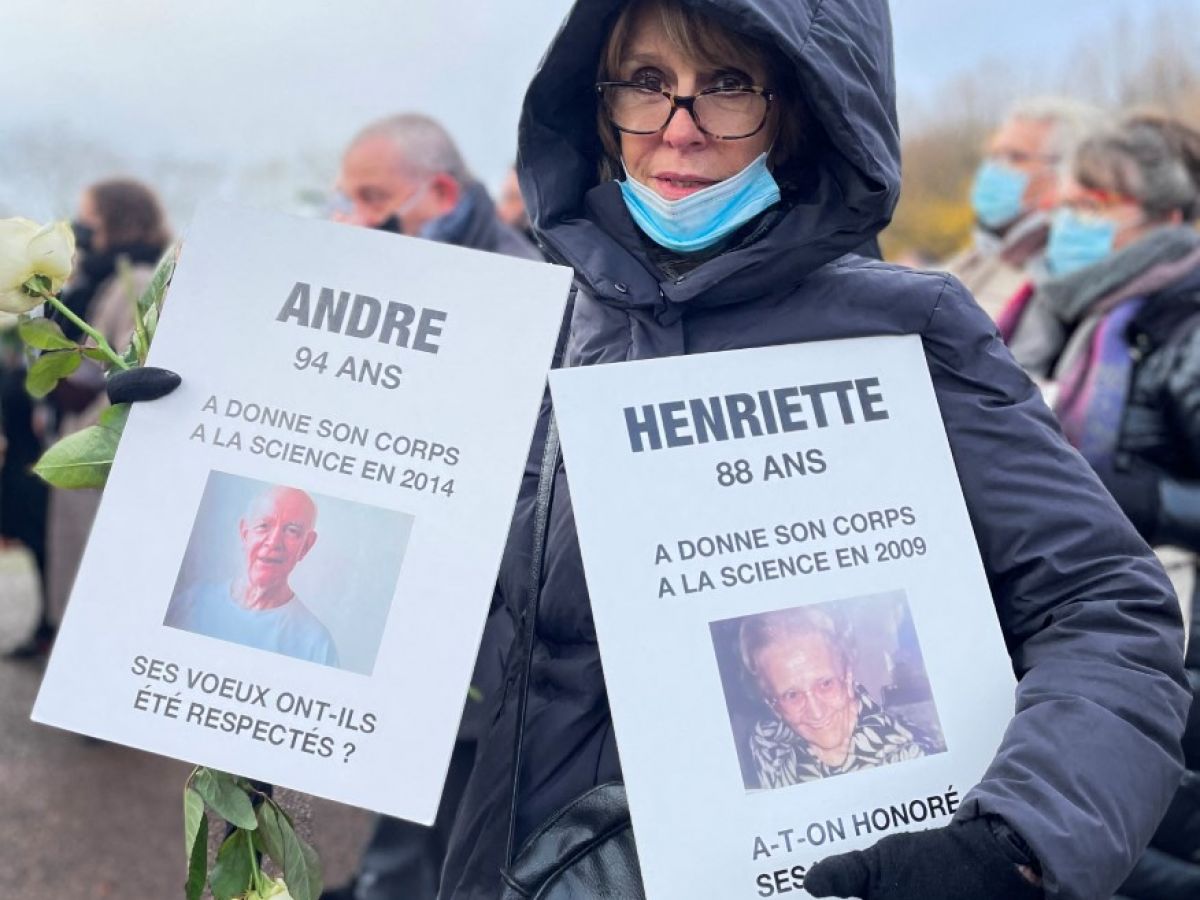More than 2 billion people still lack access to safely managed drinking water, the United Nations said Tuesday in a report that expressed concern about insufficient progress towards universal coverage.
UN health and children's agencies estimate that one in four people worldwide lacked access to safely managed drinking water last year, and more than 100 million people still depend on surface water, such as from rivers, ponds, and canals.
The World Health Organization (WHO) and UNICEF note that the delay in improving water, sanitation and hygiene (WASH) services is putting billions of people at increased risk of disease.
– “Fundamental rights” –
In a joint study, the two UN agencies also consider that the goal of universal access by 2030 is still far from being achieved. On the contrary, this ambition is becoming "increasingly out of reach," according to them.
“Water, sanitation, and hygiene are not privileges: they are fundamental human rights,” says Rüdiger Krech, head of environment and climate change at the WHO. “We must accelerate our actions, especially for the most marginalized communities.”

The report's authors looked at five levels of drinking water supply services.
The highest level: “safe management”, corresponds to a situation where access to potable water on site is available and free from fecal or chemical contamination.
The next four levels are “basic” (access to improved water in less than 30 minutes), “limited” (improved but requiring a longer wait), “unimproved” (from an unprotected well or spring), and “surface water.”
– Limited access in Africa –
Since 2015, 961 million people have gained access to safely managed drinking water, with coverage increasing from 68% to 74%, according to the report.
Of the 2.1 billion people who still lacked access to safely managed drinking water services, 106 million used surface water, a drop of 61 million people in a decade.

The number of countries that have eliminated the use of surface water for drinking purposes has increased from 142 to 154, the report details.
In 2024, only 89 countries had a basic drinking water supply service, of which 31 had universal access to these safely managed services.
The 28 countries where one in four people still lacked access to basic services were mainly concentrated in Africa.
– Girls more vulnerable –
Regarding sanitation, 1.2 billion people now have access to safely managed services since 2015, with coverage increasing from 48% to 58%.
These services are defined as improved facilities that are not shared with other households and where excreta is disposed of on-site or transported for off-site treatment.

The number of people defecating in the open has fallen from 429 million to 354 million, or 41% of the world's population.
Since 2015, 1.6 billion people have gained access to basic hygiene services (a device for washing hands with soap and water). This comfort now benefits 80% of the world's population, compared to 66% ten years ago.
“When children lack access to safe water, sanitation, and hygiene, their health, education, and future are at risk,” said Cecilia Scharp, UNICEF’s WASH program director. “These inequalities are particularly acute for girls, who often bear the burden of collecting water and face additional challenges during their periods.”
"At the current rate, the promise of access to clean water and sanitation for every child is becoming increasingly remote," concludes Cecilia Scharp.


